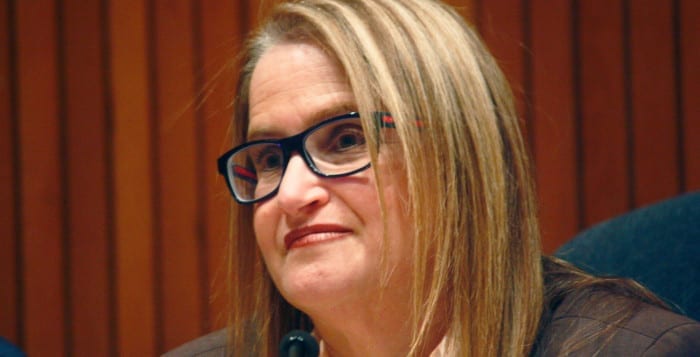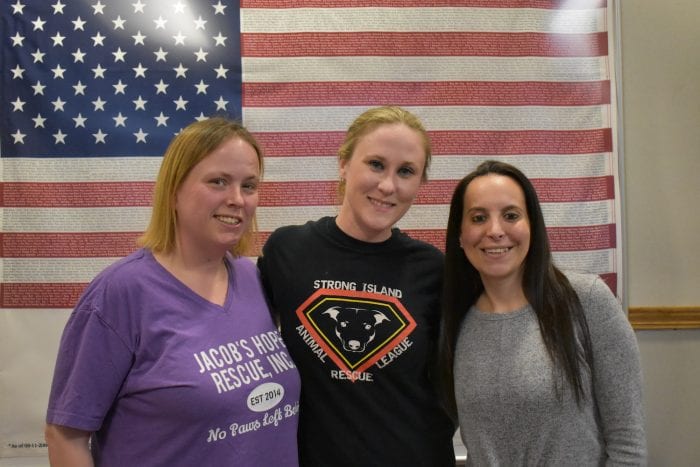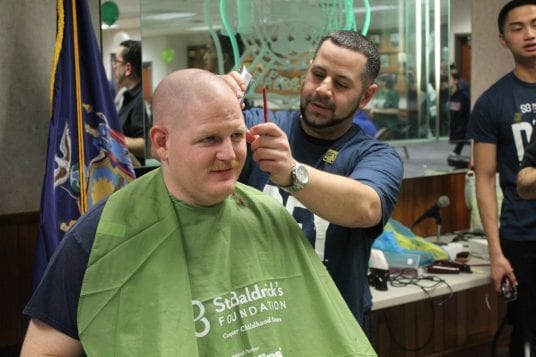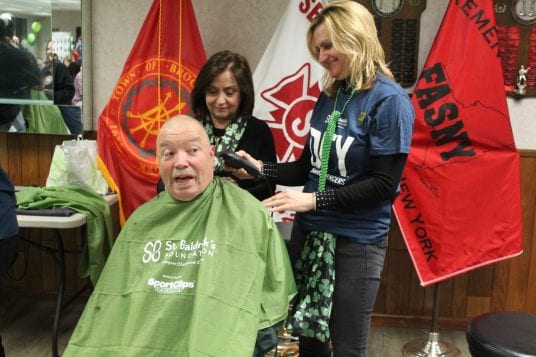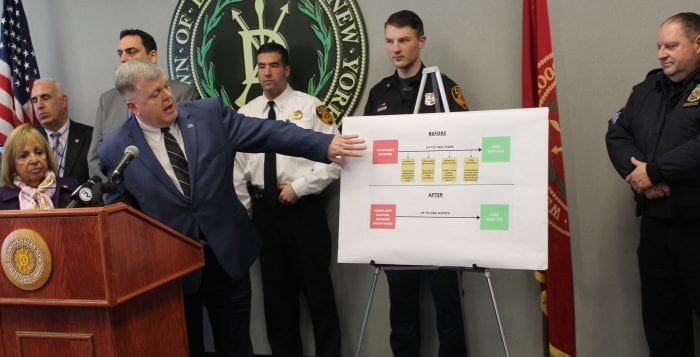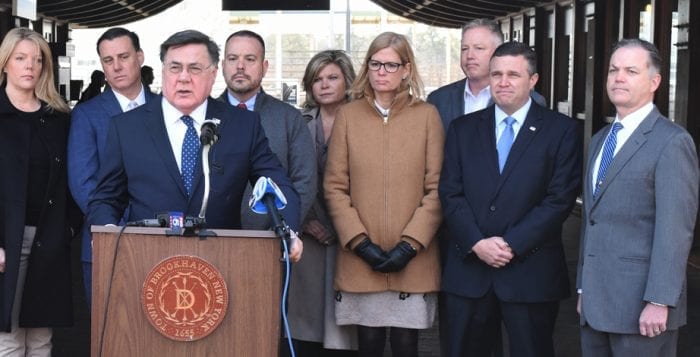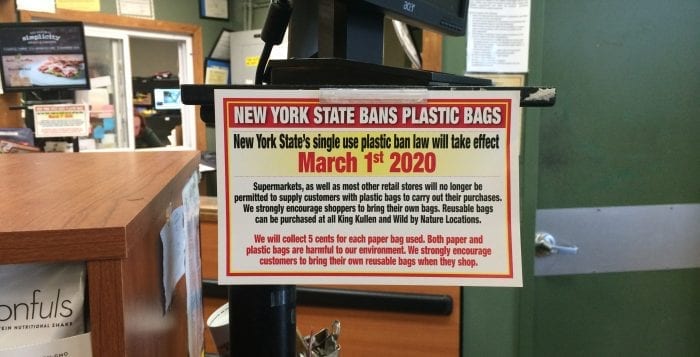Remediation work is currently underway at Northport Middle School, according to a district letter sent to parents March 12. The district also detailed that no toxic chemicals had reached the groundwater at the building.
Robert Banzer, superintendent of Northport-East Northport school district, said in the letter that an investigative data report from P.W. Grosser Consulting, of Bohemia, has been received and reviewed by the Suffolk County Department of Health Services.
Banzer said in order to receive a “notice to remediate,” which would allow for remediation work to start from SCDHS, PWGC had to send investigative data directly to the county agency.
“The full comprehensive study [from PWGC] is expected to be completed and reported to the community in the next few weeks,” the superintendent added.
According to the letter, the remediation work will consist of pumping out the “contaminated” sludge or liquid from the septic tanks and leaching pools. An industrial waste transporter, licensed and approved by the state, will remove the waste. SCDHS will be on site during what is called “end point sampling” which is a confirmatory sampling test conducted after remediation is performed to ensure that all waste has been removed. PWGC will then prepare an “underground injection control” remediation report documenting the results and, if acceptable, the county will indicate that remediation is complete, and no further action is required. District officials expect remediation work to take approximately one to three weeks.
Previously, PWGC found elevated levels of mercury in cesspools outside the building and high levels of benzene in two septic tanks. The middle school has been closed since January.
At a March 5 board meeting, district officials said that reopening the school could be an option depending on what comes back from the ongoing remediation work as well future sampling and testing at the grounds.
Rich Rowehl, a Northport parent of a seventh-grader in the district, said his daughter and other students have been resilient during the transition. Though he said they do feel “homesick.”
“They feel like they don’t have a home,” he said.
The status of the middle school has been a divisive topic in the community. Some want the school to remain closed, while others believe the school shouldn’t have been closed to begin with.
“We don’t want a quick fix, we should wait for the results to come out,” the Northport parent said. “If they feel like it is safe to go back, then I’m sure the district will have those discussions.”
Rowehl is confident the board can make the right decision with the information it is given, once the full report comes out.
“Let’s just play things out and see what happens,” he reiterated.
Rowehl also brought up the ongoing demographic study in the district. He said they should wait on those results to determine what steps needed to be taken going forward.
“Declining enrollment at the district could be a factor,” he said. “Do we need two middle schools, or could we be better off combining schools, or moving students to another building?” he said. “It’s something to think about.”


